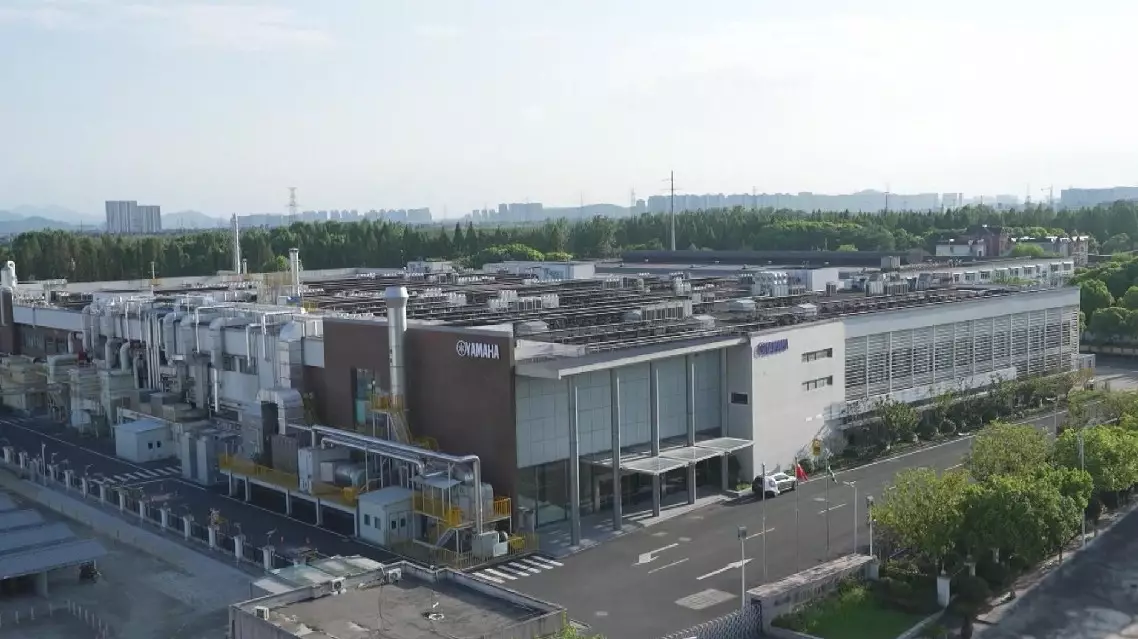Yamaha, one of the world's largest piano manufacturers, has established a significant presence in Hangzhou City of east China's Zhejiang Province for more than two decades, witnessing remarkable growth of the market in the country while envisioning long-term development on this dynamic land.
The Japanese company's factory in Hangzhou produces approximately one in every five pianos in China. At its peak, nearly 70 percent of Yamaha's pianos and one-third of its woodwind instruments and guitars are manufactured in this facility. The products not only cater to the Chinese market but are also exported worldwide, earning the brand a prestigious reputation.
The friendly relations between Zhejiang and Shizuoka Prefecture, the center of musical instrument production in Japan, began in 1982, fostering deeper exchanges and cooperation. As trade between the two sides flourished, Yamaha Corporation focused its attention on Zhejiang, seeking to capitalize on its potential.
"Yamaha has high expectations for the Chinese market. The increasingly open Chinese market provides our company with stable support from material procurement to product sales,” said Seiichi Suzuki, general manager of Xiaoshan Yamaha Musical Instruments Co., Ltd.
Yamaha established its factory in Hangzhou's Xiaoshan District in 1997. Initially, the factory relied on assistance from its Japanese headquarters for worker training and production equipment. However, over the years, advancements in China's industrial technology have transformed this dependency. Chinese suppliers have now developed the capability to design and manufacture processing equipment for complex piano parts, even exporting some of the equipment to Japan.
The factory has grown from a modest workforce of fewer than 100 to nearly 3,000 employees. Its production processes have evolved from simple assembly to full-fledged instrument manufacturing, with an increasing focus on localizing component production, thereby enhancing the entire supply chain.
"There is a big difference between 2007 and now," said Taku Okamoto, head of the production department.
Okamoto was sent from Yamaha's Japan headquarters in Shizuoka Prefecture to China seven years ago to oversee product quality. He witnessed rapid development of the country, saying that nowadays tasks that might take a long time in Japan can often be completed in about a third of that time in China.
Today, Yamaha, like many foreign-funded enterprises, is capitalizing on the opportunities presented by China's robust growth. Suzuki, as well as many workers like Okamoto, say they believe that building on the foundation of the past two decades, Yamaha can seek an even more robust development in this land for the next 30, 50, or even 100 years.

Yamaha's journey in Hangzhou inspires vision for more robust development in China









